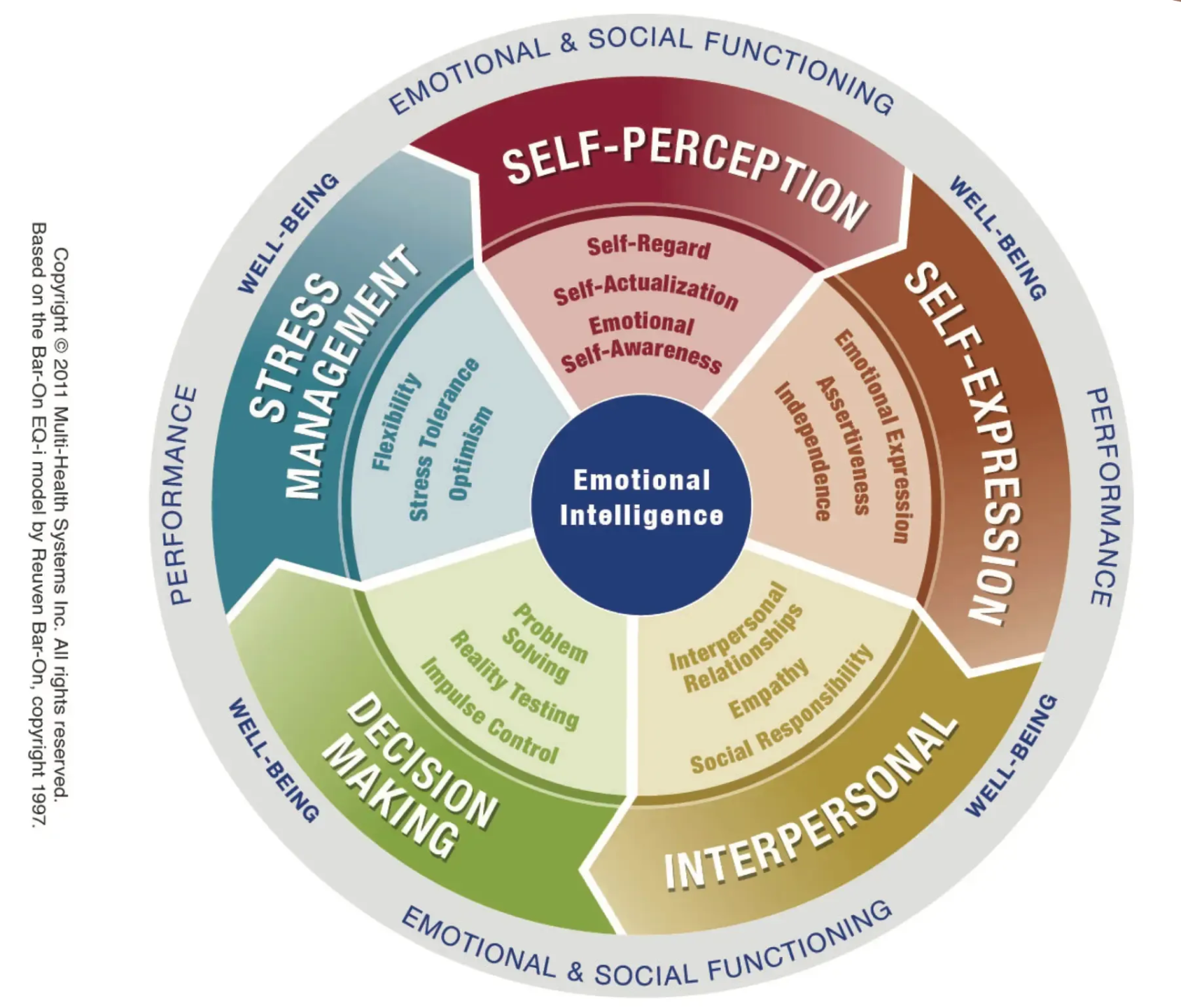What actually is Emotional Intelligence (EQ)?
Oct 20, 2025
By Charlette Pomme and Polly Berwick
Ask most people what emotional intelligence (EQ) means, and you’ll likely hear:
“It’s about empathy, right?”
Empathy is one piece of the puzzle- but EQ is much more than that. It’s a full set of emotional and interpersonal skills that shape how we:
- Move through the world
- Relate to others
- Respond to stress, uncertainty and change
- Recognise and understand our own experiences
- Manage our responses in real-time
- Build trust, connection, and resilience
- Build confidence
- Build relationships
In other words: EQ is how we connect, lead, and thrive.
And here’s the part many people don’t realise:
Emotional intelligence isn’t fixed.
It’s something we can develop, assess, learn, and improve.

Think of EQ Like a Sound Mixing Board

Imagine you’re a sound engineer in front of a mixing board. Each slider represents one part of your EQ:
![]() Self-expression
Self-expression![]() Emotional self-awareness
Emotional self-awareness![]() Stress tolerance
Stress tolerance![]() Interpersonal skills
Interpersonal skills![]() Decision-making
Decision-making![]() Empathy
Empathy![]() Impulse control
Impulse control
...and more.
Now imagine turning all of them up to max volume.
The result? Noise. Distortion. Overload.
We don’t actually want all of your Emotional intelligence skills cranked right up.
We want to understand your own unique mix- the personal frequency that helps you operate at your best- and learning when and how to make small, intentional adjustments based on your responsibilities and the situations you find yourself in. This adaptability is what makes EQ such a powerful skillset for leaders, parents, teachers, and coaches alike.
That’s what EQ development is all about.
Clarity. Precision. Adaptability.
Why It Matters: Emotions Are Data
Emotions aren’t a distraction. They’re data. They tell us what’s safe, what matters, and what needs attention.
“Emotions are messengers. When we listen, we lead.”
- Unaggi Coaching
Our nervous systems are constantly scanning for cues of safety or threat. That’s why you get a gut feeling before your brain can explain what it is.
When you ignore emotions, you miss the information they’re offering. When you learn to work with them, you gain clarity, adaptability, and influence.
“We are not thinking machines that feel; we are feeling machines that think."
- Psychologist Dr. Antonio Damasio
Emotional intelligence is about working with these messengers.
When you do, you unlock:
- Clearer communication and confidence
- Psychological safety in teams, classrooms, and families
- Stronger relationships with clients, colleagues, and loved ones
- Greater resilience, adaptability, and emotional agility
This isn’t soft, it's science.
Emotions were created by our evolution to keep us safe
They are a core part of being a human. They drive every decision we make and every action we take.
We teach people how to understand and develop their EQ in:
- Organisations - Building emotionally intelligent teams and psychologically safe cultures
- Schools - Teaching emotional literacy alongside academics
- Coaching Training - Helping coaches and aspiring coaches grow from the inside out and support their clients to do the same
- Personal Development - Supporting individuals to understand themselves so they can move through the world and their relationships with ease
Emotional intelligence is a skillset you can measure, practice, and strengthen.
It’s not about being perfect, it’s about being adaptable and understanding what makes you unique.
And the question isn’t “Do I have EQ?”, It’s “Am I ready to develop it?”
If you are, or you'd like to find out if you are, then you can book your free coaching session with one of our founders, below:
References
Damasio, A. (1994). Descartes’ Error: Emotion, Reason, and the Human Brain. Putnam.

Ready to Tune Your EQ?
Let's find out how you can tap into your subconscious, primal drivers to make the shifts you need to get you from where you are now to where you want to be.
Or, join our mailing list!
And receive Unaggi Insights straight to your mailbox
We know what makes us feel good- and that is not SPAM. We will never sell your information, for any reason because we're here to make you feel good, too.

